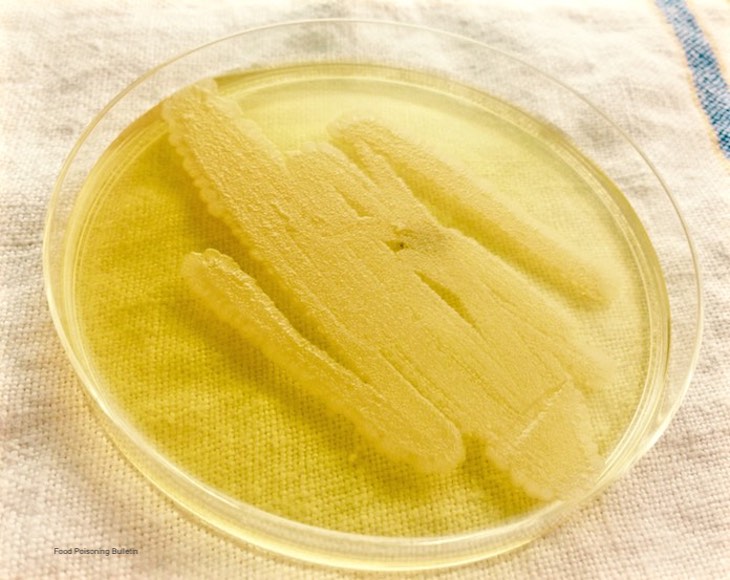Researchers at McMaster University in Ontario have found that a drug combination fights antibiotic resistant Salmonella infections. A combination of the antibiotic and a natural product called dephostatin combined are effective.

Colistin is considered a last-resort antibiotic, because it has a toxic effect on the body. When paired with dephostatin, doctors can use much lower concentrations. of colistin as a treatment for Salmonella infections in mice. The results of the study were published in Cell Chemical Biology.
Caressa Tsai, first author and a PhD student in biochemistry and biomedical sciences at the Coombes lab at McMaster said in a statement, “The rise of antibiotic resistance has ushered in the post-antibiotic age, and alternatives to antibiotics are urgently required. Solving the antibiotic resistance crisis will require us to shift away from the traditional view of antibiotic discovery.”
The World Health Organization (WHO) has classified antibiotic-resistant Salmonella a high priority pathogen. People usually acquire this infection through contaminated foods.
Researchers found that dephostatin doesn’t kill the pathogen or stop it from growing, but it blocks the bacteria’s ability to resist being destroyed by the body’s immune cels, and enhances its sensitivity to colistin. This combination “significantly prolonged animal survival” while still using a lower concentration of colistin.
Only 25% of the mice treated with colistin alone survived to the end of the experiment. More than 62% of mice treated with both colistin and dephostatin survived the infection. This is a significant improvement over the single drug therapy.
Tsai added, “Traditional antibiotics all work in a similar way – they clear infections by killing bacteria. Here, we were interested in a different approach – keeping bacteria alive, but chemically inactivating important pathways to prevent them from causing infection.”
This drug combination fights Salmonella infections by knocking out “two important regulatory pathways that control Salmonella virulence and antibiotic resistant mechanisms,” according to Dr. Berian. Coombes, Professor in the Department of Biochemistry and Biomedical Sciences at McMaster University.




